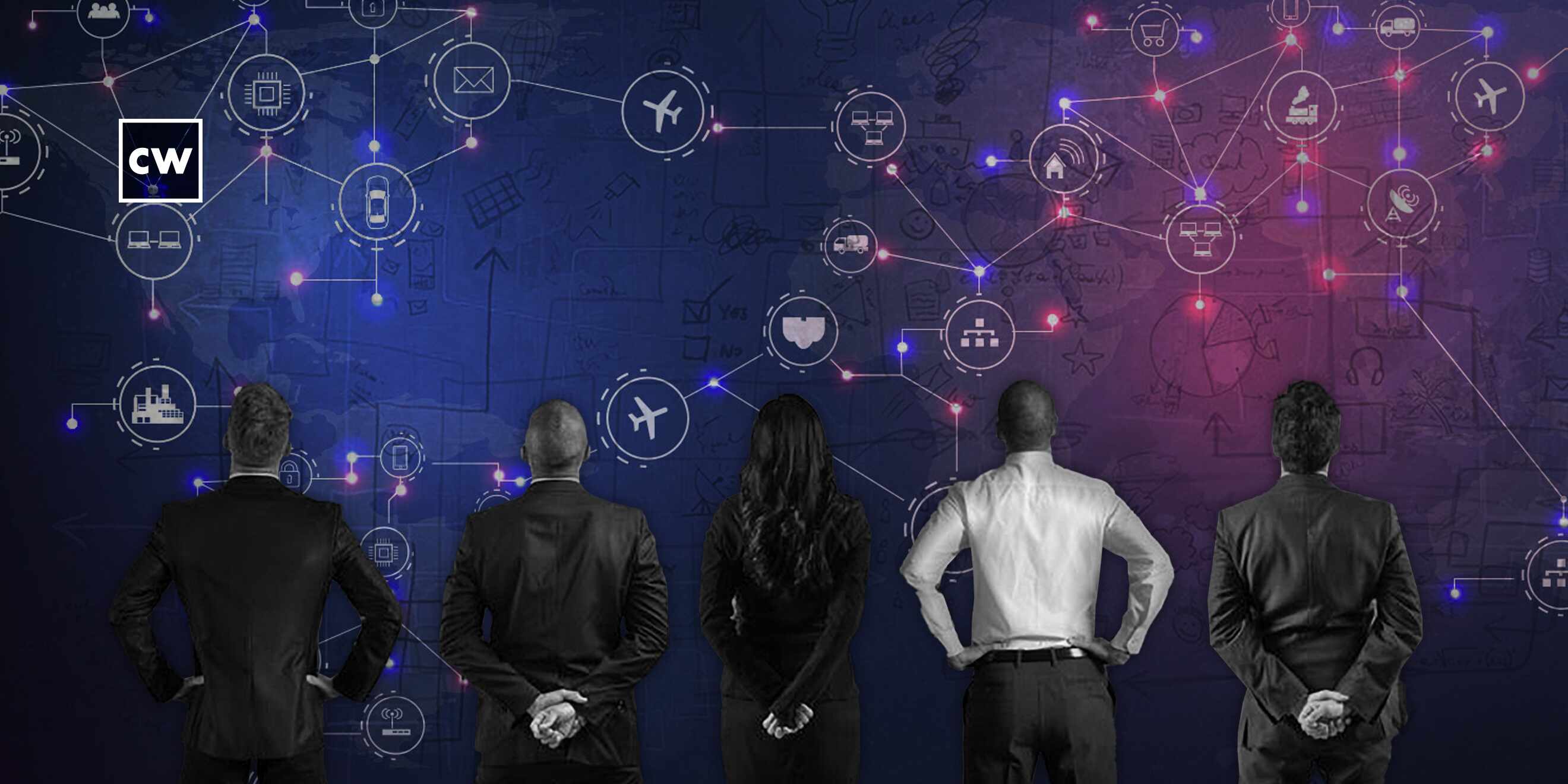
Anjali Hansen: Cross team collaboration works best. [Privacy Counsel]
Anjali Hansen: Hello, my name is Anjali Hansen. I'm a Senior Privacy Council at Noname Security.
Anjali Hansen: I was pretty sure that I wanted to do something international. I had traveled a bit and my parents both came from other countries and I had family all over the world and I just liked different cultures, so I knew I wanted to do something international, but I wasn't sure what and I think because the expectation was that I do something, you know, at a higher education level. I settled on law fairly early on in my undergraduate career and I, I, um, became pretty dedicated to pursuing that path.
Anjali Hansen: All I knew was that I wanted to do international law and I was somewhat naive as to what that entailed. But, um, once I got to law school, I saw the different types of fields that were available in international. I went to, um, Georgetown because it's pretty well known for international law, had a pretty good curriculum for international law and I took all sorts of different classes. So I started to see that, that that would be a good area where there's you know, a fair amount of legal work in international trade. So that's where I ended up right out of law school.
Anjali Hansen: I did a lot of work at the International Trade Commission, which is a U.S. independent agency, out of law school and as a young attorney in the government, you're afforded a lot of responsibility that you wouldn't get. One of my favorite cases was roses from Columbia and Ecuador. There were a lot of imports coming in that was flooding, uh, the market at the time and the U.S. industries were being injured by the lower prices of those roses.
Anjali Hansen: We really investigated the impact of imports on the industries that were being affected by different types of products coming in. I learned so much, I learned a lot about steel because there was a lot of steel cases. But, I went to a different agency, which was the U.S. Trade Representative's Office, which is the arm of the office of the president, um, that handles trade violations and I got into more intellectual property infringement. When I was there, there were a lot of different counterfitters, piraters of, uh, U.S. goods and, um, other intellectual property.
Anjali Hansen: There was more work than could ever be done. Um, we were working long, long hours there, but then I got to be more involved on the more criminal side of things when I was at USTR um, with the intellectual property violations, like one of my most interesting projects while I was there was working with the recording industry of America and the Motion Picture Association. Um, there was a lot of pirating occurring internationally and there was this one big operation occurring in Bulgaria and we did it, we had a delegation go there because we were getting nowhere trying to negotiate with the government. There's so, so much crime happening on the internet just as we couldn't really catch all these piraters back then, because they would just pop up in new locations. Now, you know, in the virtual realm, it it's like that, that there's so much fraud and, um, crime happening and copying of trademarks and, and copyrighted works on the internet.
Anjali Hansen: I think my experience working with all the online fraud and abuse really made me just concerned with the fact that it felt like governments couldn't really protect organizations from all the threats that are occurring and I was very interested in cyber crime because when I was at the business association, there was so much online abuse occurring against that organization's trademarks, and domains, and websites. They were the target of one of the largest fishing campaigns at the time. Thousands and thousands of emails spoofing the brand went out and I even was able to work with the FBI and Department of Homeland Security to try to combat the incessant barrage that was happening against this one organization. It just really felt, you know, like probably so many people out there just powerless, um, against all of the crime that's occurring that each organization has to be their own fortress, have their own security army and to protect themselves because the government is just not able to keep up.
Anjali Hansen: So I really became interested in helping organizations with this issue because I just feel like we don't have anywhere else to turn to the government's a little bit impotent in this regard. They do great work, but they cannot keep up with everything and so a company like Noname Security developed this really good cybersecurity product that I think is really beneficial to organizations and they're being used on mass by many organizations. I just was really impressed with the product and it it's a startup, and there was an opportunity to work with the compliance team, um, at Noname and I thought it was a really worthwhile company to work for.
Anjali Hansen: It's very collaborative. I think, you know, being in compliance you're maybe somewhat of a threat to other departments possibly because, you know, you might uncover something, but I try to do it more in an educational way, like, you know, here's resources, training is really important. We have to help other departments protect the data because the data's throughout an organization, it's in HR, it's in sales and marketing, it's in IT, it's in finance. So you have to be able to work with all these teams, um, across your organization and I think the best way to do that is to go in there and say this is the law, this is what we need to accomplish and you have to find, you know, this is kind of corny and, and it's over said, but you know, you have to find your privacy champions throughout the organization. Um, I found them at Noname that people in sales and marketing, for example, that understand, you know, that we have to do this properly and so you just work as collaboratively as possible and, and you tell them the risks and then they're, they're grownups they understand.
Anjali Hansen: I think I'd like to be remembered as somebody who didn't get stuck, I didn't get stuck at one company or in one field. I was able to evolve with the changing times, I feel like I was able to sort of roll with the times and I hope to be looked at as, as a good lawyer, whatever field you're in, you know, you have to put in the hard work.
